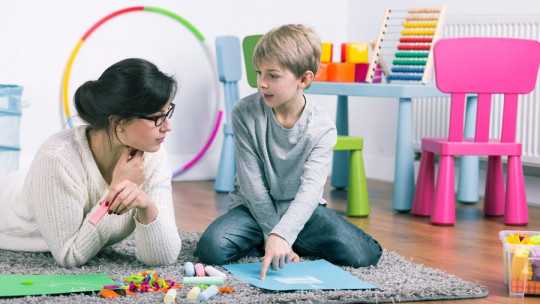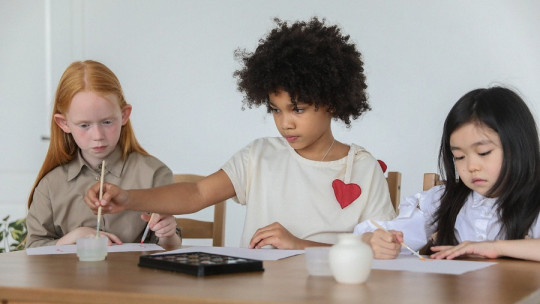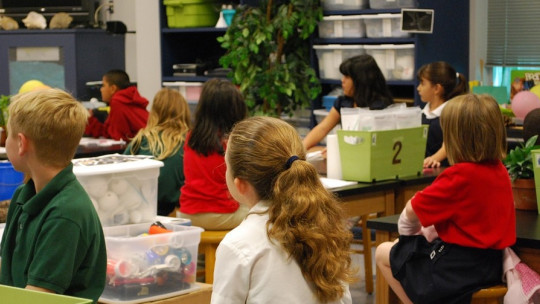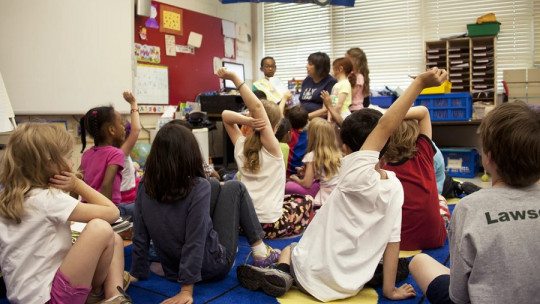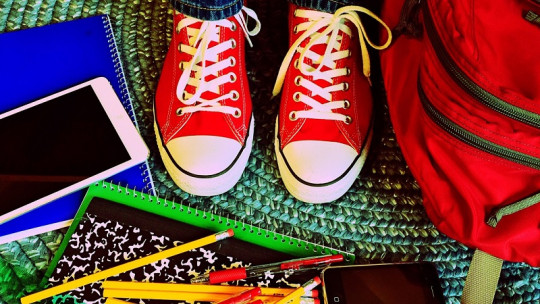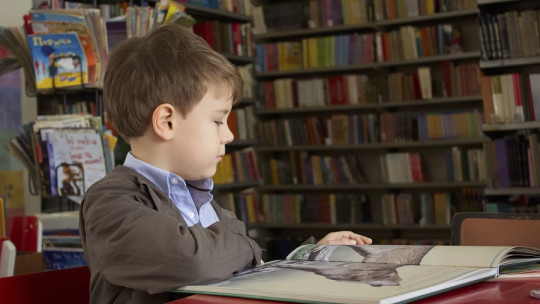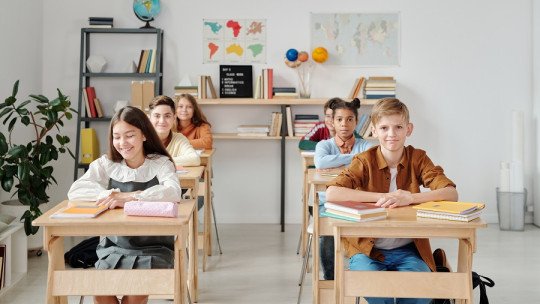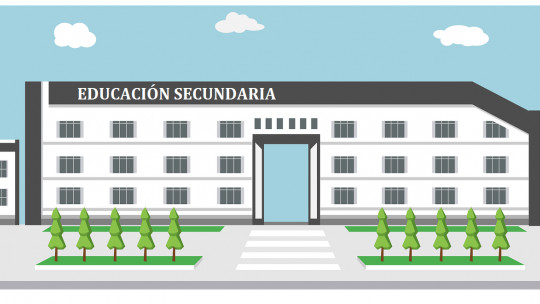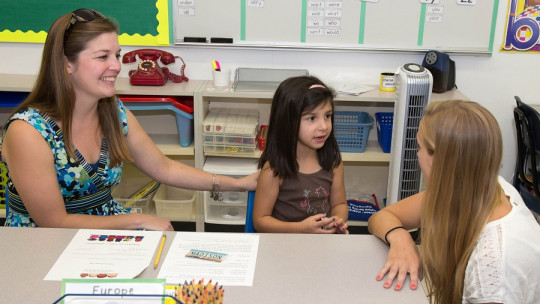
In the educational field, it is common for this concept to resonate: the educational interview But what is it exactly? What is it used for and what are its objectives? Who carries it out?
In this article we will answer these and other questions and, in addition, we will describe in detail what the five stages of this type of interview are, which will help us know how we can apply it successfully.
Educational interview: what is it and what is it used for?
The educational interview, according to the definition of Rodríguez Rivera (1986), is a conversation between the student’s teacher or counselor, the student himself and generally also his parents, which Its objective is to help us get to know the student better and to guide parents in their education or in any questions or conflicts they may have
This is a technique applied by the student’s teacher or educator (that is, he himself directs the conversation). On the other hand, other authors have defined the educational interview as an intentional conversation that allows us to obtain data from the student (data that, otherwise, it would be difficult for us to obtain, due to its confidential nature).
A type of psychopedagogical tool
The educational interview is a psychopedagogical tool used to evaluate the aspects to work with the student and to transmit said information to parents which also includes advice to families on the student’s educational aspect.
That is why, before doing so, the educator should have already thought of possible solutions (or guidelines) aimed at solving situations that the family is likely to pose.
However, we must highlight that the interview itself is usually used to gather information, to evaluate certain aspects of the student (and the family) and to share impressions (and not so much to advise, although it can indirectly serve to do so; thus, it is more of a diagnostic tool that allows detecting the student’s difficulties, as well as their progress, strengths and weaknesses).
Difference with the therapeutic interview
The educational interview, unlike the clinical or therapeutic interview, is conducted by the student’s educator, tutor, counselor or teacher. Instead, In the therapeutic interview it is the psychologist who directs the conversation
In the educational interview, the aforementioned figure is the one who will select the objectives and content of the interview, and the person in charge of requesting the information they wish to know about their student (from the student themselves or from their relatives, who are usually the parents).
What is it for?
The educational interview allows us to obtain information from the student this is often necessary to carry out a diagnosis of their academic performance, their academic objectives and/or their educational needs.
On the other hand, it also serves to provide help to families who need it regarding their child’s education, as well as to promote the teacher-family (or teacher-student) bond
Through the educational interview, ideas can be shared that allow the student’s learning process to continue building. Furthermore, this tool allows you to create a space, either with the student or also with her family, to express and manifest desires, concerns, feelings, conflicts, etc.
Finally, the teacher, counselor or tutor of the student, through the interview, can also transmit the observations that have been made of the student in terms of their performance, mood, learning pace relationship with other colleagues, etc.
Goals
In line with everything mentioned, the purposes of the educational interview are educational purposes; This means that its main objective will be to address academic topics. Through this approach The aim is to transmit information about different aspects of the student, such as:
On the other hand, we can say that at a more generic (and deep) level, the primary objective of the educational interview will be to contribute and improve the general well-being of the student, as well as their good functioning at school (in all its areas: academic , social, personal…).
Characteristics
The three most notable characteristics of the educational interview are the following.
1. Clear objective
The educational interview, like any type of interview, has a clear objective. That is to say, It is never done “just because” Specifying and concretizing this objective well will be a key factor in achieving success through this psychopedagogical tool.
2. Type of participants
As we have seen, generally the educational interview is carried out between: teacher, student and family (parents or legal guardians of the student). However, There may be cases of interviews where only the teacher and the student, or the teacher and the student’s parents, participate
3. The teacher/educator directs the interview
As we have also seen at the beginning of the article, it will be the educator (teacher, counselor…) who will lead the interview.
That is, this will be the person responsible for conducting (and redirecting, if necessary) the conversation, for asking questions, for clarifying doubts, for recording all the information… Logically, the student and his or her parents will also be able to ask whatever they want. .
Phases
The educational interview is divided into the following five phases (and is applied as follows).
1. Phase I: welcome message
In the first phase of the educational interview, Participants will greet each other and introduce themselves The teacher will start the conversation (ideally, in standard language). The reason and objective of the interview will be explained.
2. Phase II: beginning of the conversation and active listening
At this stage the professional will begin by explaining the student’s current situation, and will be prepared to ask pertinent questions to the family members or the student
These questions usually cover aspects that directly or indirectly influence the student’s education and performance. The teacher will take the notes that he considers necessary. In addition, the student’s academic objectives will be discussed.
3. Phase III: concretion of strategies
In this second phase, the important information has already been collected. Here The teacher will propose the strategies to be put into practice to achieve the objectives agreed in the previous phase
It is not about the teacher telling the strategies and the others “obeying”, but about sharing diverse points of view, opinions, ideas, proposals, etc., to reach a joint conclusion regarding the methodology to be followed. apply from this moment.
4. Phase IV: agreements
After the previous negotiations, in the fourth phase of the educational interview the objective will be to specify the actions that will be followed from that precise moment. It is the stage of agreements, and the moment at which all parties (participants) will commit to carrying out the actions assigned to them
5. Phase V: farewell
In the last stage of the educational interview, the latest aspects of the interview will be discussed, possible doubts will be clarified, a brief summary of the conversation will be made (objectives set, strategies to apply…), etc. The teacher, as the leader of the interview, will be in charge of ending the conversation.

